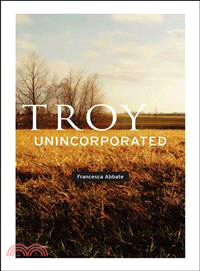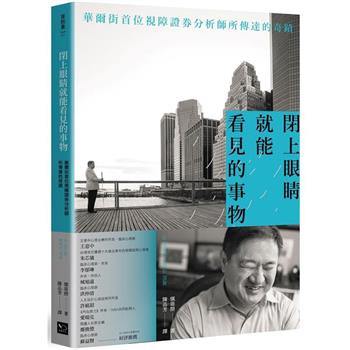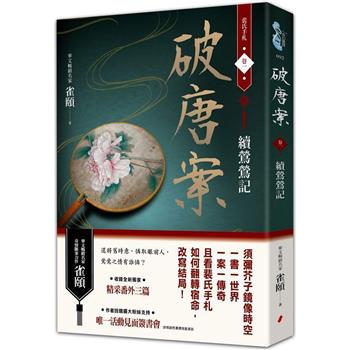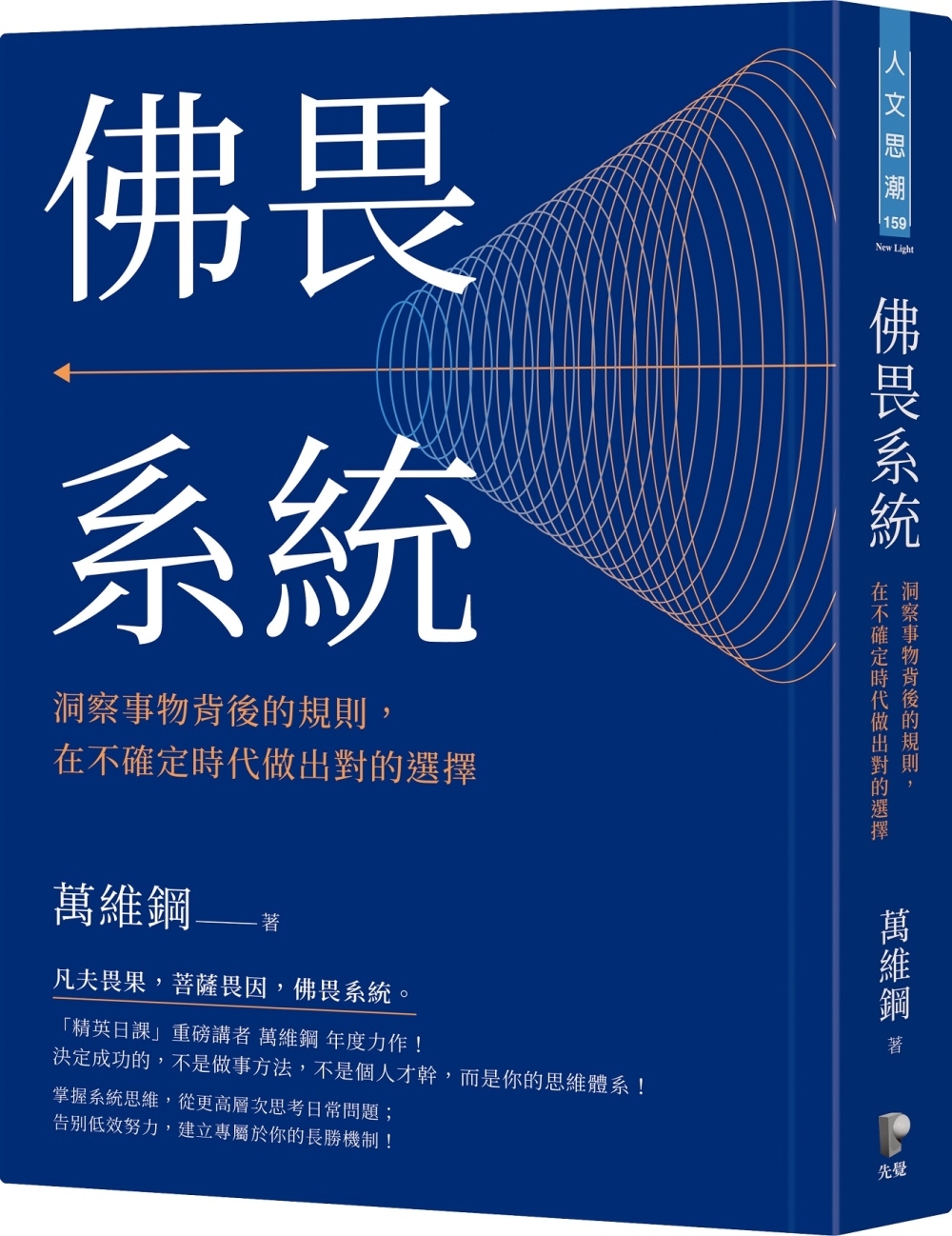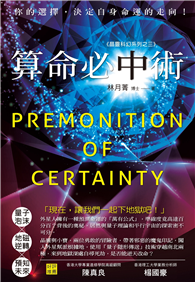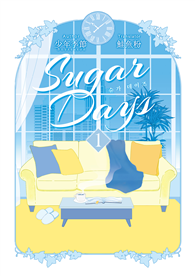A meditation on the nature of betrayal, the constraints of identity, and the power of narrative, the lyric monologues in Troy, Unincorporated offer a retelling, or refraction, of Chaucer's tragedy Troilus and Criseyde. The tale's unrooted characters now find themselves adrift in the industrialized farmlands, strip malls, and half-tenanted ��istoric��downtowns of south-central Wisconsin, including the real, and literally unincorporated, town of Troy. Allusive and often humorous, they retain an affinity with Chaucer, especially in terms of their roles: Troilus, the good courtly lover, suffers from the weeps, or, in more modern terms, depression. Pandarus, the hard-working catalyst who brings the lovers together in Chaucer's poem, is here a car mechanic.
����������� Chaucer's narrator tells a story he didn't author, claiming no power to change the course of events, and the narrator and characters in Troy, Unincorporated struggle against a similar predicament. Aware of themselves as literary constructs, they are paradoxically driven by the desire to be autonomous creatures��ale tellers rather than tales told. Thus, though Troy, Unincorporated follows Chaucer's plot��riseyde falls in love with Diomedes after leaving Troy to live with her father, who has broken his hip, and Troilus dies of a drug overdose��t moves beyond Troilus's death to posit a possible fate for Criseyde on this ��itel spot of erthe.��/div>
